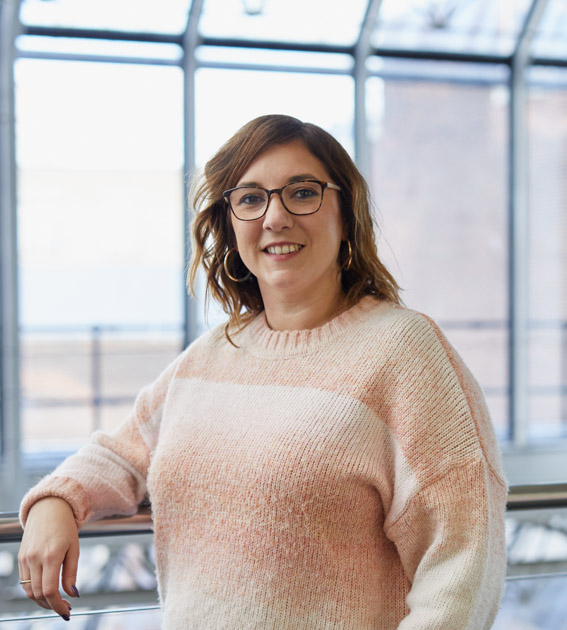
Rachel: becoming more than a manager
I expected to be taught how to be a manager on the Firstline programme, but it was so much more than that.* The focus on leadership and learning about tools such as social graces and radical candour, has been transformative for me in terms of ensuring I am always child-focused and getting the most out of my team.
I can’t express how helpful my coach was”
The mix of the personal coaching and the group residentials, as well as having access to so much theory and different leadership styles, has been incredible for me.
My confidence has grown because of the programme’s focus on authenticity and being your authentic self. I’ve thought about how I want to lead rather than manage my team, and we are no longer compliance focused, but much more explorative in understanding what we want to achieve and how we are going to do it. The confidence that I’ve gained in myself, and the greater focus of what I want excellent practice to look like, has filtered down into my team.
I dreaded the roleplay aspect of the programme, but it was a really important part of my learning. Knowing how to lean into difficult conversations, and having the opportunity to practice them, has helped me to give better feedback and build relationships with my team. The radical candour model made me reflect that I was previously ‘parenting’ a lot of my staff, but I can now more confidently lead on conversations where there’s an issue with competence.
I’m really investing in my team in the way that I feel I have been invested in”
I am now showing that I want to be able to assist my staff to be the best that they can be and not just make sure they are doing ‘well enough.’ I’m really investing in my team in the way that I feel I have been invested in by joining the Firstline programme.
In shifting my team’s focus to professional curiosity and self-development, and by implementing monthly development days, we’ve been able to reflect that some of our work was previously quite oppressive. Even though it made us feel quite vulnerable to do so, we mapped out and shared our own social graces and our own biases, to help us move forward with a truly anti-oppressive approach in our work with children and families.
We recently supported a family from the Democratic Republic of the Congo, and in my report, we’d written about how the parent did not seem to be attached to the children and highlighted the lack of emotional warmth. After doing one of the social graces sessions on the Firstline programme, I couldn’t stop thinking about that report, and how we had imposed a Western idea of what love and affection looks like, and how we’d expected that family to present those things in the same way.
Some of the statements that we’d made in the report were oppressive. I spent quite a long time that evening looking into what it looks like to show love and affection in the Democratic Republic of the Congo. It looked very different to my culture, and my teams’ cultures, and I hadn’t fully taken into account that the parent had largely raised their children in concentration camps and had significant trauma themselves. We were being oppressive without considering it, so I went back to my social worker and we rewrote the report from a place of understanding and kindness.
As a result of these conversations, we have started writing our reports to the child, rather than about them. This has meant that we are showing much more empathy and compassion and that the child’s voice is really captured. It has also helped my team to feel reconnected to the values of social work and reminded them of their passion to help children and families.
I’ve also implemented a scaling system to better capture the child’s voice, where we ask them how they feel about certain things on a scale of zero to ten. There is such a richness to the child’s voice now that wasn’t there before. I think team members are enjoying their work more because of that.
Despite how busy the team is, we will have that continued focus on professional development now – we have agreed a vision as a team and we are focused on achieving that for children.
*The Firstline and Headline programmes ended in 2022 and have since been replaced by the Pathways programme.